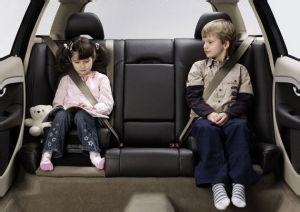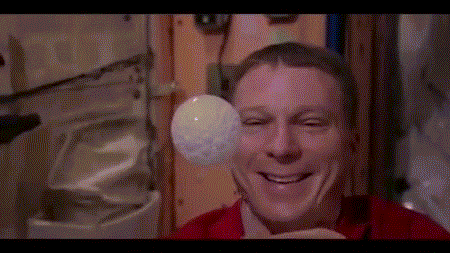
Even smart people make stupid mistakes in their writing. Sometimes it’s laziness or impatience; sometimes they’re genuinely confused. Using data from millions of its subscribers, Microsoft recently rounded up a list of the top 10 grammar mistakes in the English language. Below, we’ve listed the 10 most common grammar errors, along with examples, according to Microsoft. There’s a good chance you’ve made at least one.
即使是很聪明的人也会在写作时犯一些愚笨的错误。有时是因为犯懒或没耐心,有时是他们真的很困惑。根据来自百万用户的数据,微软公司最近整理出了英语中最常见的语法错误前十名。在下面,我们列出了来自微软的10个最常见语法错误及示例,你大概至少会犯其中的一项错误。
1. Leaving too many white spaces between words
1.单词间有太多空格
Example: To the left. Correct: To the left.
反例:向 左。 正确:向左
2. Missing a comma
2.逗号缺失
Example: If the weather remains the same we’ll leave early. Correct: If the weather remains the same, we’ll leave early.
反例:如果天气还是这样我们就早点走。 正确:如果天气还是这样,我们就早点走。
3. Missing a comma after an introductory phrase
3.介绍性短语后不加逗号
Example: First of all we must make sure that the power is off. Correct: First of all, we must make sure that the power is off.
反例:首先我们必须确保断电。 正确;首先,我们必须确保断电。
4. Missing a hyphen
4.缺少连字符
Example: My 3 year old son Correct: My 3-year-old son
反例:我的 三岁 儿子 正确:我三岁的儿子。
5. Incorrect subject-verb agreement
5.主谓不一致
Example: The cats eats. Correct: The cats eat.
反例:猫(复数)吃(单数)东西。 正确:猫(复数)吃(复数)东西。
6. Incorrect capitalization
6.误用大写
Example: It’s cold, But we are going out. Correct: It’s cold, but we are going out.
反例:天很冷,但是(大写)我们还是要出去。 正确:天很冷,但是(小写)我们还是要出去。
7. Mixing up possessive and plural forms
7.混用所有格和复数形式
Example: My sisters car is old. Correct: My sister’s car is old.
反例:我姐姐们车很旧。 正确:我姐姐的车很旧。
8. Incorrect agreement with noun phrases
8.名词短语搭配不一致
Example: I would like to buy this apples. Correct: I would like to buy these apples.
反例:我想买这个苹果(复数)。 正确:我想买这些苹果(复数)。
9. Commonly confused words
9.常见的易混淆单词
Example: After all that running, I am out of breathe. Correct: After all that running, I am out of breath.
反例:跑完步后我喘不上呼吸(动词)来。 正确:跑完步后我喘不上气(名词)来。
10. Incorrect verb form after auxiliary
10.助动词后动词的形式错误
Example: They had ate when we arrived. Correct: They had eaten when we arrived.
反例:我们到了的时候他们已经吃(过去式)过饭了。 正确:我们到了的时候他们已经吃过(过去分词)饭了。





































































































